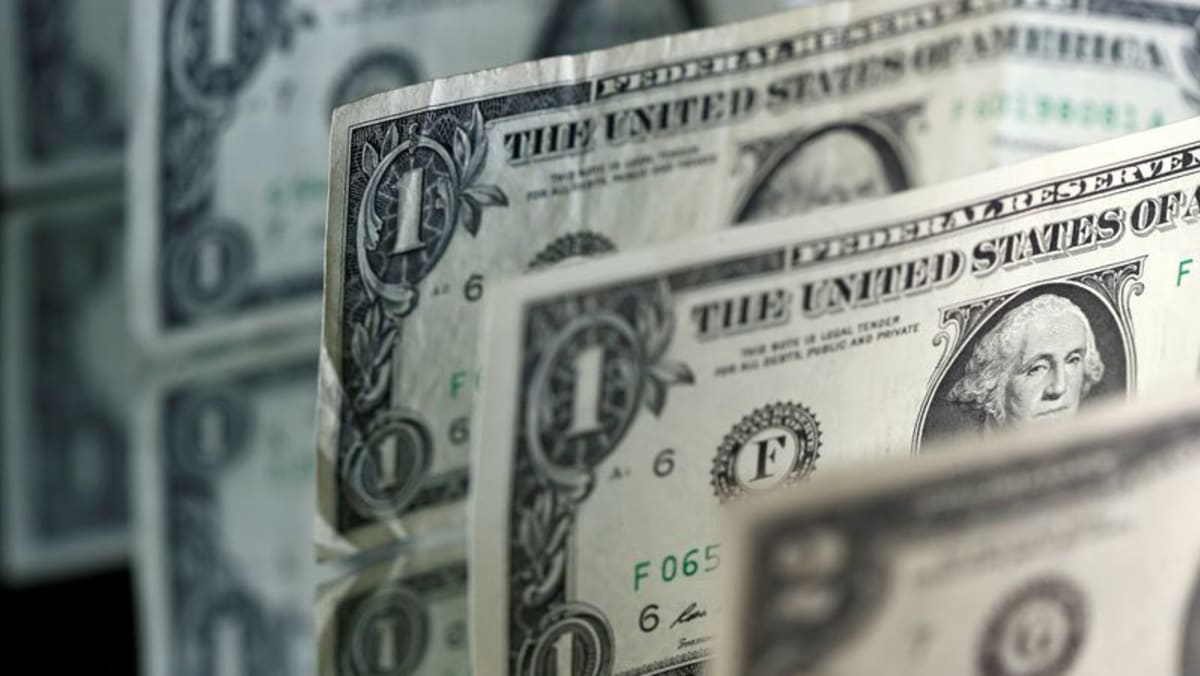SINGAPORE: Singapore's small, open economy could be hit hard by a US-led global trade slowdown, analysts warned, even if the country may gain a relative advantage due to significantly higher tariffs being imposed on its regional peers.
Their comments followed US President Donald Trump's announcement on Wednesday (Apr 2) of a sweeping 10 per cent tariff on all imports into the country, with higher rates on goods from "nations that treat us badly".
Tariffs on Southeast Asian nations including Vietnam, Thailand, Indonesia, Malaysia, Cambodia and Myanmar will range between 24 and 49 per cent. China faces a tariff of 34 per cent on top of the 20 per cent previously imposed, bringing the total levy to 54 per cent.
Singapore – the only country in Southeast Asia with which the US has a trade surplus – faces the baseline 10 per cent tariff.
Compared with neighbouring countries like Indonesia, Malaysia, the Philippines, Thailand and Vietnam, Singapore is likely most vulnerable to an external slowdown caused by the tariffs, said Mr Suan Teck Kin, head of research at UOB.
If the US imposes sector-specific tariffs, such as on pharmaceuticals or semiconductors, the direct drag to Singapore could be particularly pronounced, he added.
Growth has already softened in early 2025, with key sectors such as manufacturing, trade and logistics slowing down.
Ms Selina Ling, chief economist of OCBC, said the broad-based nature of the tariffs may mean there are knock-on implications on Singapore's shipping, logistics and financial hub activities.
If China and Southeast Asian countries see slower trade and economic growth, Singapore will suffer, she said.
A lot of the supply chain, trade and funding activities relating to these countries happen in Singapore, she added.
Investment into Singapore may also dip, said Ms Sheana Yue, an economist at Oxford Economics, pointing to tariffs impacting trade and business decisions.
The volume of trade going through Singapore may be reduced as the demand for goods from countries with high tariffs falls. US demand for Singapore goods would also fall.
POTENTIAL BENEFITS
However, analysts pointed to possible silver linings. With tariffs on Singapore goods remaining relatively low, the country could emerge as a more attractive source of imports for US buyers seeking alternatives to heavily taxed suppliers.
While Singapore's exports to the US could decline, the drop is likely to be less severe than other Asian exporters, said Ms Yue.
This could even increase Singapore's share of US imports, especially since a "fair share" of its exports are exempted from tariffs.
However, Singapore's small land area means it cannot easily scale up output to meet any increased demand, and this would limit a potential increase in exports.
Its high operating and labour costs may also temper its attractiveness as a supply chain alternative, said Mr Yeap Jun Rong, a market strategist at trading platform IG Asia.
Ms Yue said another potential benefit is that trade may be rerouted to Singapore to avoid countries that face high tariffs.
Chinese exports used to be rerouted to Vietnam before being shipped to the US. Since Vietnam now faces a tariff of 46 per cent, Chinese exports may be rerouted to Singapore instead.
Overall, the economic outlook has dimmed.
"But Singapore stands as a relative winner," said Ms Yue.
Ms Ling of OCBC also highlighted the possibility of Singapore attracting firms seeking to diversify supply chains away from more heavily tariffed countries. However, she cautioned that it is still too early to determine whether the outcome will be a "net positive or negative" for the economy.
The impact will depend on how effectively Singapore adapts to changing trade flows while managing broader economic uncertainties and financial market volatility, she said.
IMPACT ON STOCK MARKET
Singapore's financial market may also benefit, despite US and Asian stocks facing pressure in the near term.
Investors can explore opportunities in economies that face smaller tariff increases, said Mr Tai Hui, chief market strategist for APAC at JP Morgan Asset Management.
He named Australia, the UK, Brazil and Singapore as economies that may be "viewed more favourably".
Mr James Ooi, market strategist at Tiger Brokers, said the sweeping tariffs may weigh on Asian stocks because export-driven economies in the region will face headwinds if global trade slows down.
However, Singapore's corporate earnings are resilient and investor sentiment is improving, while the local regulator is trying to revitalise the market.
"Singapore equities may outperform their regional peers in the near term," he said.
On Thursday, Singapore's benchmark index opened 1 per cent down, before recovering most of its losses. Other Asian markets such as Japan, South Korea and Hong Kong posted larger losses.


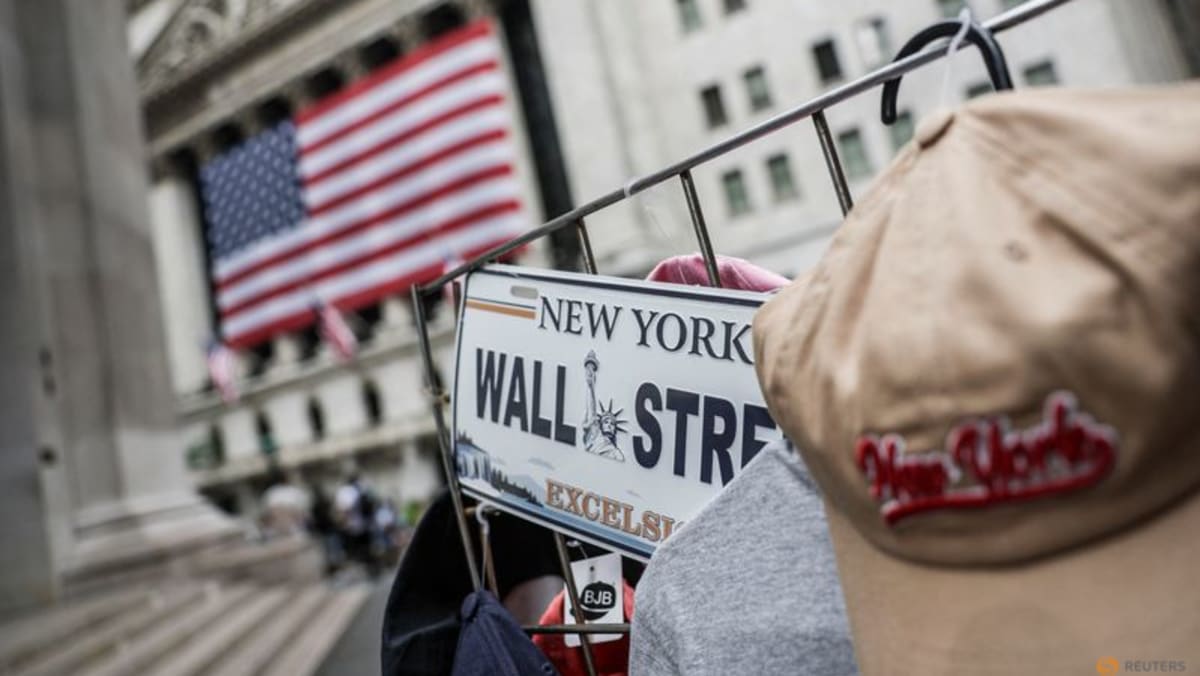







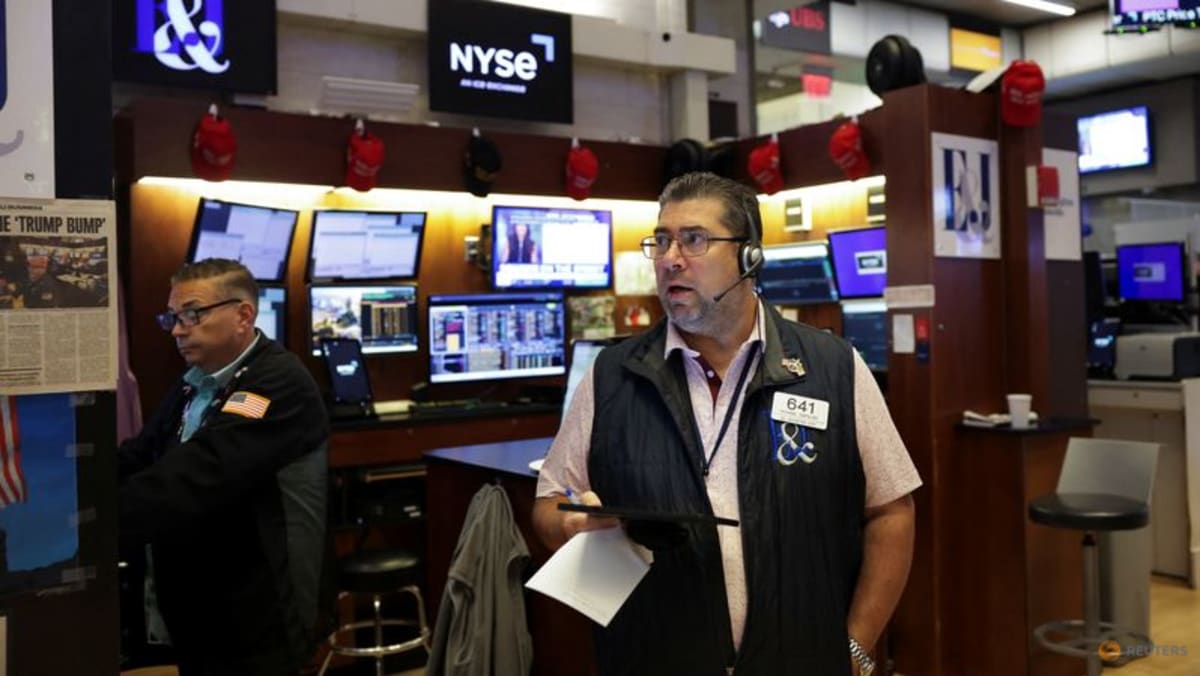



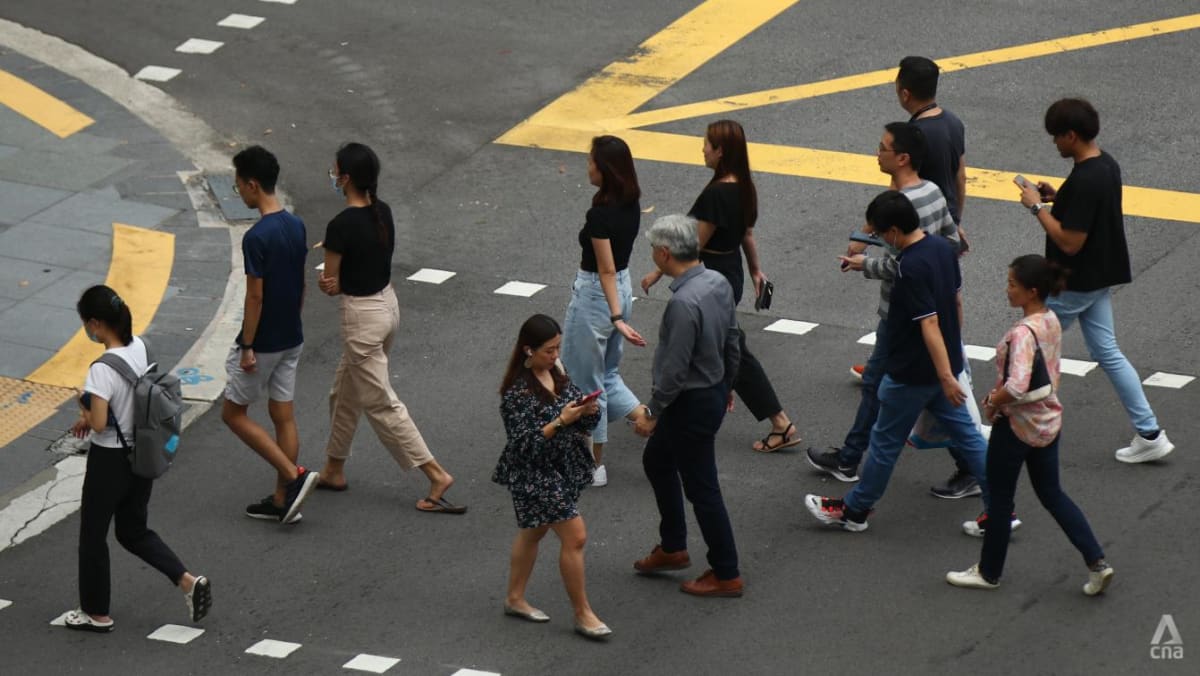

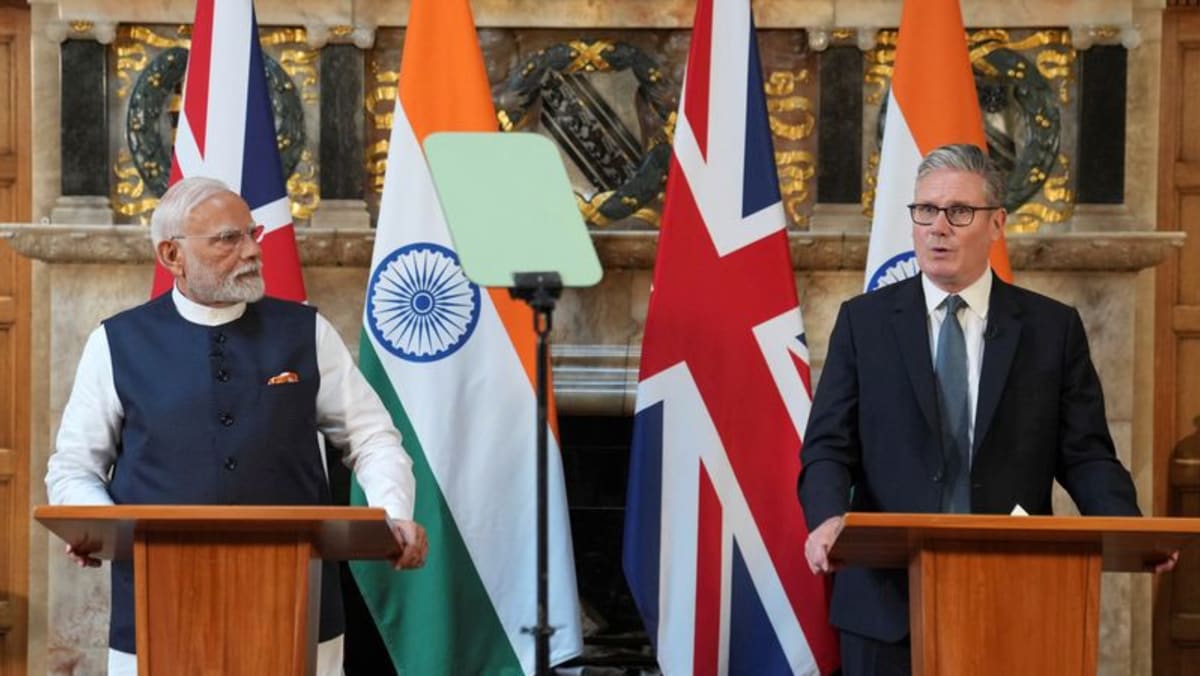

















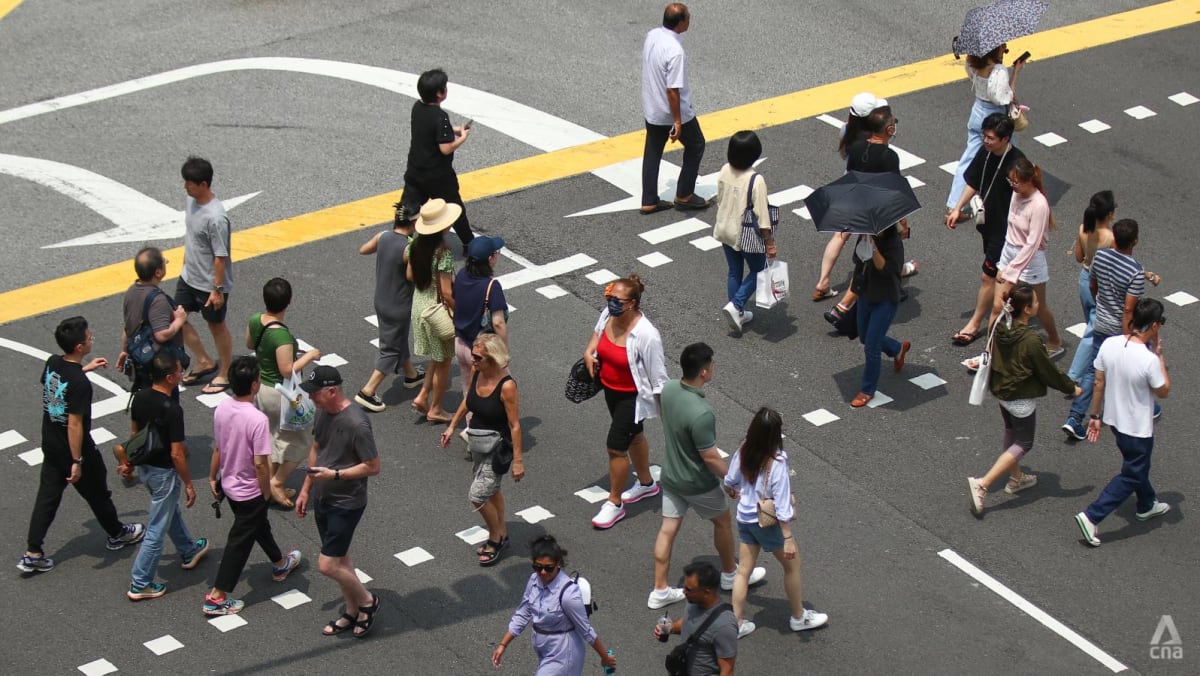













.png?itok=erLSagvf)
